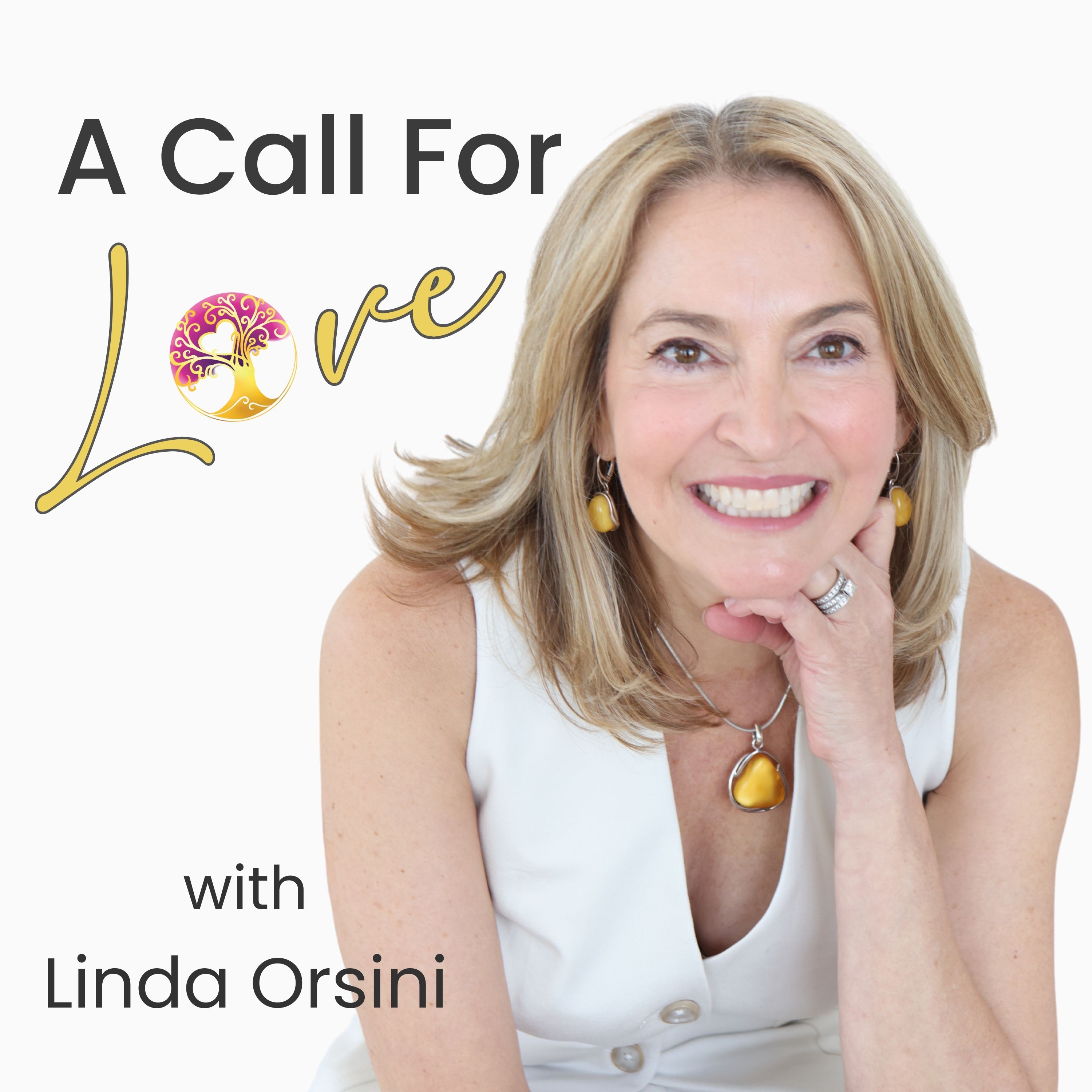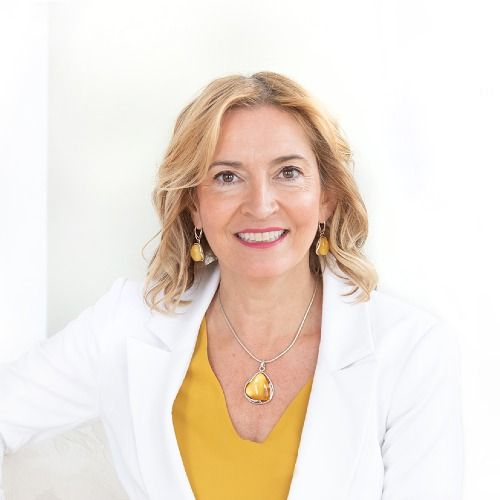The Power of Your Words: The Four Agreements Book Club (Part One) l S2E094
Welcome to our first A Call for Love book club, a special four-part series where we dive deep into timeless wisdom together.
In this first book club episode, we explore The Four Agreements by Don Miguel Ruiz, starting with the powerful first agreement: Be impeccable with your word.
Your words are not just sounds, they’re seeds that shape your life and the lives you touch. In this episode, I share stories, gentle teachings, and soulful invitations to become more mindful of your language, spoken, silent, and shared.
Together, we’ll explore:
- The “smoky mirror” that clouds how we see ourselves and others
- How childhood conditioning shapes our self-talk and outer words
- Why being impeccable with your word is a radical act of self-love and a gift to the world
- Simple, practical ways to pause, notice, and choose words that heal rather than harm
This isn’t just about your inner dialogue. It’s about how you show up in every moment, as a ripple of kindness, clarity, and love.
Let this episode be your warm invitation to reflect, to soften, and to plant new seeds of compassion within and all around you.
Website: lindaorsini.com
Soul Skool: Join From Shadow to Shine Here
Follow Linda on Instagram: https://www.instagram.com/lindaorsiniwellness
Heal with H.E.A.R.T. Transformation Program
About Linda:
I’m Linda Orsini, host of A Call for Love podcast and founder of Soul Skool, a community where seekers evolve with clarity, compassion, and courage.
After decades as a teacher, I realized the deepest education is that one of the soul. My journey through anxiety and self-doubt led me to meditation, yoga, Reiki, sound healing, and emotional freedom practices. Now I guide others through retreats, trainings, and Soul Skool to return home to themselves and embody their best life.
A Call for Love is your space to pause, reflect, and awaken self-love. Because when we heal ourselves, we help heal the world.
Thank you for listening!
Thanks so much for listening to our podcast! If you enjoyed this episode, please spread the love by sharing it with others.
Subscribe to the podcast
Please subscribe if you would like to get automatic updates of new podcast episodes.
Leave us an iTunes review
Ratings and reviews from our listeners are extremely valuable to us and greatly appreciated. They help our podcast rank higher on iTunes, which exposes our show to more awesome listeners like you. If you have a minute, please leave an honest review on iTunes.
Transcript
Welcome everybody. Welcome to A Call for Love. You are embarking on a four-part podcast series here on A Call for Love. We’re diving deep into an oldie: The Four Agreements by Don Miguel Ruiz, written in 1997. You may have read it, and we are going to revisit it here in four parts.
[:Each agreement will be explored on its own because, in my experience as an educator and coach, we need time to marinate in a teaching. This gives you space to integrate and embody it.
[:Think of this as a little mini book club. If you’re a reader, maybe you’ll want to revisit the book. But my true intention is for you to feel the truth, clear the fog, and reconnect with love and clarity.
[:Ruiz begins with the idea of the smoky mirror—that fogged lens we look through. It distorts our perceptions and clouds our reality. He calls this the dream of humanity.
[:We all wear these metaphorical foggy glasses that filter our beliefs, thoughts, stories… even the truth. Much like A Course in Miracles, this book reminds us that we project our own perceptions onto others and the world around us.
[:Our senses, thoughts, fears, judgments—all cloud the lens. The invitation here is to gently clean that lens and return to love, clarity, and compassion—for ourselves and for others.
[:We carry layers of conditioning: roles, stories, beliefs others handed down to us. The Four Agreements, based in ancient Toltec wisdom, help clear that conditioning. They’re simple, practical, and powerful.
[:Before we dive into the first agreement, Ruiz introduces the “domestication” process and the dream of the planet. From birth, we’re taught how to behave—how to please—and this shapes our need for approval.
[:As a former school teacher, I saw this firsthand. Children crave validation. They want to be seen and praised. And when they’re not, sometimes they act out just to be acknowledged.
[:These early programming patterns shape us into adulthood. We inherit them. We accept them. And unless we wake up—or at least notice—we keep following a dream that isn’t even ours.
[:That’s why I created my Becoming Peace journey and why I’ve chosen to share this book now. Because we all need these wake-up calls—gentle nudges to question what we’ve agreed to.
[:Over time, we internalize these rules. We become our own worst critics. Ruiz says no one abuses us more than we abuse ourselves—and that’s so true. That’s why I believe so deeply in self-compassion.
[:These silent agreements—“I’m not enough,” “I don’t belong,” “I can’t do this”—live in us because of fear: fear of rejection, failure, unworthiness.
[:But what if we let go of these stories? What if we saw them as illusions instead of truths?
[:Let me give you an example. There’s a story about a young woman making a ham. Her mother tells her to cut off the ends, because “that’s how it’s always done.” Turns out, the great-grandmother only did that because her pan was too small.
[:We inherit habits and beliefs like that—without questioning. That’s what these agreements help us do: examine what we’ve been handed and choose again.
[:The first agreement: Be impeccable with your word. Our words are powerful. They create reality. Especially the words we speak to ourselves.
[:Even though it sounds simple, it’s not easy. Words hold energy—out loud and in our minds. They can be tools of love or weapons of harm.
[:Think of words like a sword—one edge heals, the other cuts. We all know someone whose words cut deeply. On the other hand, words can uplift and inspire.
[:Ruiz calls words “magic”—either pure magic (love and truth) or black magic (fear and judgment). Words are like seeds: they grow into beliefs, into how we see the world and ourselves.
[:Let’s look at the word impeccable. It comes from the Latin peccare, meaning “to sin,” and im, meaning “without.” So, “without sin.” Or, more helpfully, “without going against yourself.”
[:Being impeccable with your word means speaking with integrity, not using words to harm yourself or others. This is where meditation helps—creating that sacred pause.
[:Ruiz also talks about gossip. Gossip and complaining—both are poison. I remember making an intention to stop gossiping when I began my yogic path. It didn’t feel good in my body. So I stopped.
[:Eventually, I realized I hadn’t spoken to certain colleagues in a long time. One even had a grandchild and I had no idea! That’s how powerful intentions can be.
[:From a yogic perspective: Sthira Sukham Asanam. Establish stillness and ease before taking action. So if you’re emotionally charged, pause. Don’t respond impulsively.
[:Here’s an example. A rushed parent tells a child, “You’re so slow. You can’t do anything right.” That single sentence can become a belief: “I’m slow. I’m not capable.”
[:As someone trained in hypnotherapy, I understand how the mind works. Before age 7, children don’t have a filter. They absorb everything as truth—and it becomes part of their identity.
[:That inner dialogue—“I’m not smart,” “I’m not lovable,” “I’m not enough”—is often shaped by words spoken long ago. Words that weren't even true.
[:Ask yourself: are your words soft or sharp? Are they healing or harmful? Do they pass the sword test?
[:Being impeccable with your word builds self-love. The more you love yourself, the kinder your words become—toward you and everyone around you.
[:So how do we practice this? Slow down. Pause before speaking. Write things out. Notice the patterns. Especially when you’re ruminating or judging yourself.
[:Look out for absolute words like “always,” “never,” “everyone.” These cause trouble and create harsh judgments. I do my best to avoid them—and my husband keeps me in check!
[:I once heard it takes 50 positive comments to cancel out one negative one. Whether that’s true or not, it shows how powerful words are.
[:Being impeccable with your word means doing no harm—to yourself or others. It’s not about perfection. It’s about awareness and kindness.
[:Try placing a sticky note where you’ll see it often. Something like: Be mindful of your words. My mom used to say, “You catch more bees with honey than vinegar.”
[:Let’s use our words to spread kindness, to plant seeds of love and ease. Let’s be the ripple. Because we’re all doing the best we can, with what we know, in each moment.
[:From my heart to yours,
Namaste, dear friends.

